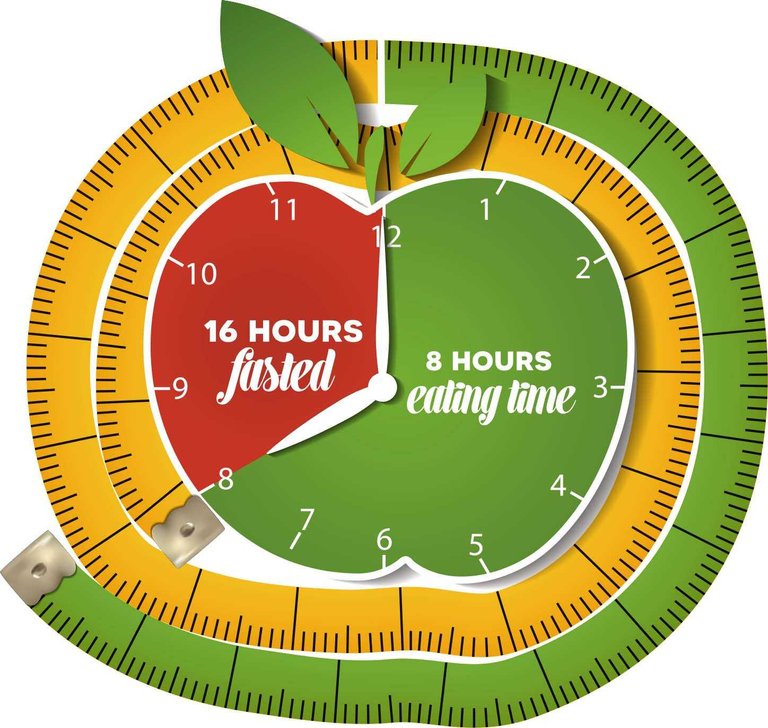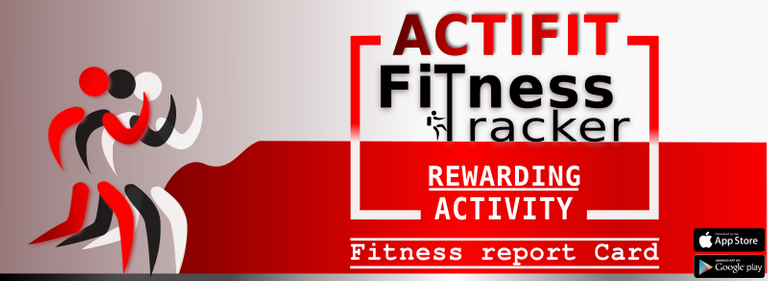My Actifit Report Card: October 16 2023
Intermittent fasting has generated both enthusiasm and controversy in the field of nutrition and health. Here are some of the key controversies and debates surrounding intermittent fasting:
Lack of Long-Term Studies: One of the main controversies is the limited number of long-term studies on intermittent fasting. Most research has focused on short-term effects, and the safety and effectiveness of prolonged intermittent fasting are not well-established.
Individual Variation: There is significant individual variation in how people respond to intermittent fasting. Some may experience health benefits, while others may find it difficult to sustain or may encounter negative side effects.
Potential for Disordered Eating: Critics argue that intermittent fasting may lead to disordered eating patterns, such as binge eating or a preoccupation with food during non-fasting periods. This can be a concern for those with a history of eating disorders.
Nutrient Deficiency: If not done carefully, intermittent fasting can lead to nutrient deficiencies. People may not consume enough vitamins, minerals, and other essential nutrients during their eating windows, potentially leading to health issues.
Impact on Metabolism: Some experts have raised concerns that intermittent fasting might slow down the metabolism over time, making it harder to maintain weight loss and potentially leading to weight regain.
Social and Lifestyle Challenges: Intermittent fasting can be challenging to incorporate into one's social and work life. Social gatherings, family meals, and work schedules may not align with fasting periods, making it difficult to adhere to the regimen.
Lack of Standardization: There is no one-size-fits-all approach to intermittent fasting, and various methods exist (e.g., 16/8, 5:2, Eat-Stop-Eat). The lack of standardization makes it difficult to compare and generalize findings from different studies.
Potential for Muscle Loss: Some critics argue that prolonged fasting periods can lead to muscle loss, which may not be desirable for individuals looking to maintain or build muscle mass.
Ethical Concerns: Extended fasting regimens, such as those practiced for religious or spiritual reasons, have raised ethical questions related to the well-being of participants, particularly when they abstain from food for extended periods.
Limited Research in Specific Populations: Research on the effects of intermittent fasting in specific populations, such as pregnant or breastfeeding women, children, or the elderly, is limited, making it challenging to provide guidance in these cases.
In summary, while intermittent fasting has shown promise in some studies for weight loss, metabolic health, and other benefits, it is not without controversy and may not be suitable for everyone. Before starting any fasting regimen, individuals should consult with a healthcare professional to ensure that it aligns with their health goals and needs.
This report was published via Actifit app (Android | iOS). Check out the original version here on actifit.io









Congrats on providing Proof of Activity via your Actifit report!
You have been rewarded 81.3844 AFIT tokens for your effort in reaching 13489 activity, as well as your user rank and report quality!
You also received a 1.02% upvote via @actifit account.
To improve your user rank, delegate more, pile up more AFIT and AFITX tokens, and post more.
To improve your post score, get to the max activity count, work on improving your post content, improve your user rank, engage with the community to get more upvotes and quality comments.
Actifit shared its growth plans for 2023 with focus on hive services and integrations. Please vote now for our DHF proposal in support:
Vote on peakd
Vote on ecency
Vote on Hive wallet
Vote via hivesigner
Chat with us on discord | Visit our website
Follow us on Twitter | Join us on Telegram
Download on playstore | Download on app store
Knowledge base:

FAQs | Whitepaper
How to signup | Maximize your rewards
Complete Actifit Tutorial
Actifit supports cross-chain decentralization. Support our efforts below by voting for: